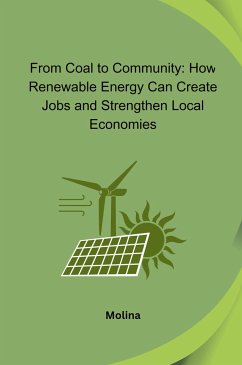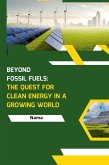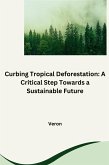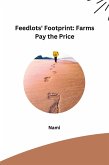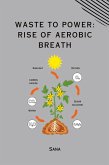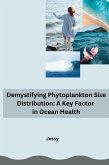Private investment into renewable energy technologies has surged in the last decade for a variety of reasons. Climate change mitigation commitments and the increasing competitiveness in renewable energy prices have driven the proliferation of these technologies in recent years. South Africa saw significant investment into renewable energy technologies through a competitive bidding procurement programme launched in 2011; however, renewable energy in South Africa has been on the national agenda since 1998 as an industry that should be promoted to decarbonise and diversify the electricity sector, create employment, and stimulate the economy (Department of Mineral and Energy, 1998) (Aliyu, et al., 2017). The role of renewable energy in the South African economy is therefore multi-faceted, and although still at a price premium to previously-built conventional energy sources such as coal and nuclear, has been labelled as 'inherently excellent for achieving positive socio-economic objectives' (DoE, 2013c) (pp8). Following the success of the Renewable Energy Independent Power Producers Procurement Programme (REIPPPP) in this regard, a Small Projects Independent Power Producers Procurement Programme (SP-IPPPP) was launched to further localise the industry and provide smaller project developers the opportunity to participate in this field. This chapter will introduce renewable energy and the SP-IPPPP in South Africa and provide the research problem statement that motivated this research inquiry into the social and economic commitments of the 'Preferred Bidders' under SP-IPPPP.
Bitte wählen Sie Ihr Anliegen aus.
Rechnungen
Retourenschein anfordern
Bestellstatus
Storno

